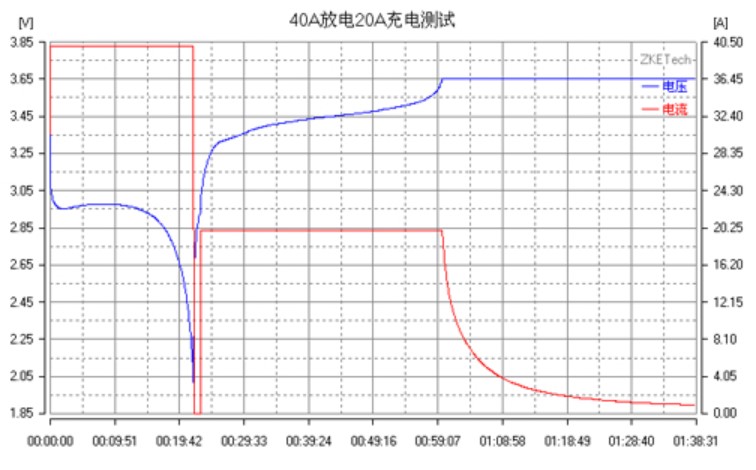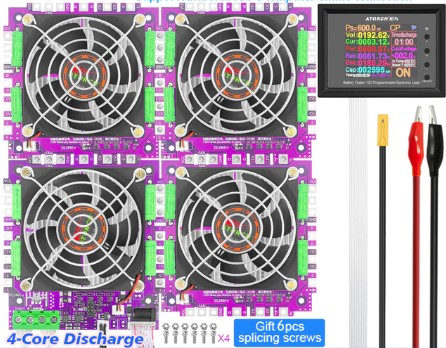I've been using the EBC-A40L since March, it is a great value if you need to test cells since it combines 40 amp charge and discharge along with data acquisition.
EBC-A40L High Current Lithium Power Battery Capacity Tester
The Youtube Channel off-grid garage has been using this fine piece of equipment and had my itchy online shopping finger ready to say:"buy it now". It has a high capacity but is limited to 5V cell voltage.

Measurement Tools and Analysers
UNI-T UT210D True RMS AC/DC Current Voltage Mini Digital Clamp Meter Auto Range Resistance Capacitance TesterNice little multi tester for AC/DC current up to 200A, voltage, resistance. I’m us…off-grid-garage.com
For a nonprofessional setup, it requires some careful selection of procedures to measure capacity with common equipment (e.g a shunt and coulomb counter), but there are no guarantees of absolute accuracy other than 2% (+/-? 3 sigmas? 2 sigma, RMS who knows).
I'm only going to rely on capacity data (matched to the labels) right from EVE because I assume they can afford and use something at least as good as the off-grid garage.
People agonizing of voltage matching is pretty much irrelevant unless they can somehow ascertain that there was actually a change in voltage from a perfect match in transit. If you can't trust the vendors then you are already in an uphill battle trying to prove with hobby equipment that their "factory data" is in error.
In total I have 7 different brands/makes of capacity testers, this is the one you should get if you want to verify the capacity of your cells. Tested against an instrument calibrated in January this year, it's very accurate (but all of them are, surprisingly).


